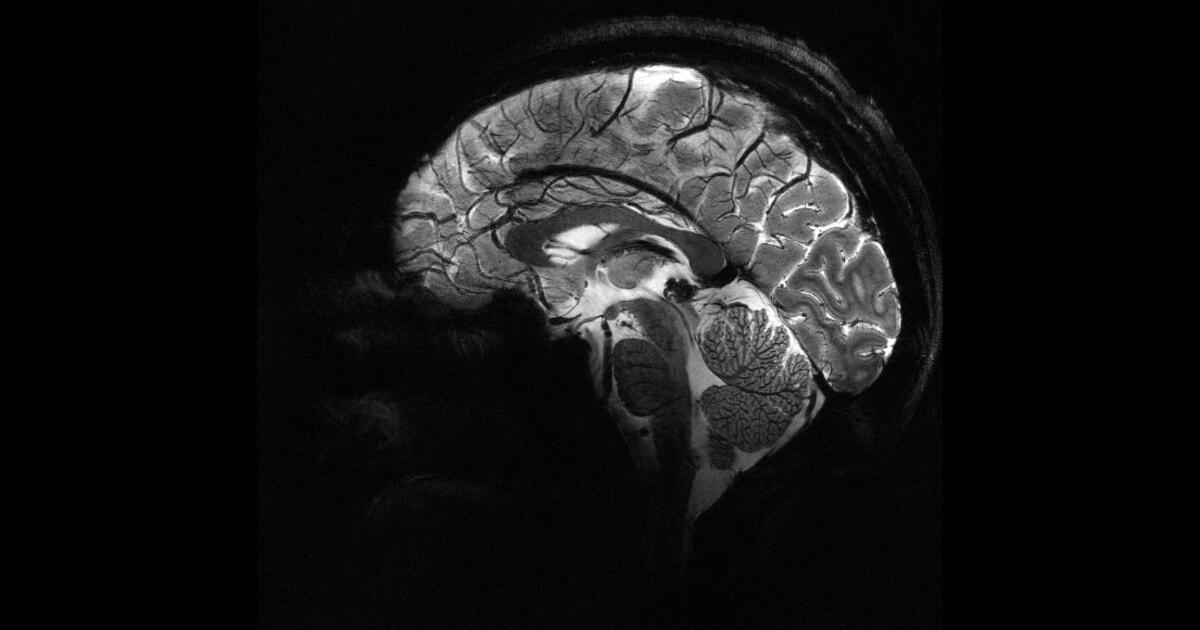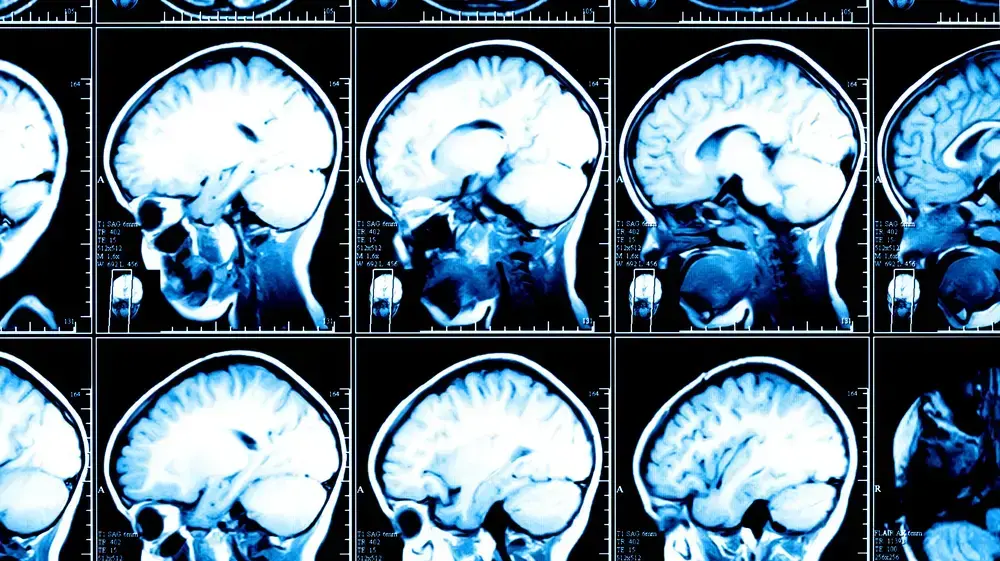For the participants, the study was a torment: with caps on their heads measuring their brain waves, they were lying in a noisy MRI machine and were supposed to fall asleep at the same time. "We have all this fantastic equipment and complicated technology," said neuroscientist Laura Lewis of Boston University who examined the subjects. "But the biggest problem is that the subjects can not fall asleep because they are in a loud metal tube."
But at some point, the subjects actually nodded off and made an amazing discovery possible: Falling in started a previously unknown process, reported Lewis and colleagues in the journal "Science". The activity of the nerve cells subsided, blood flowed out of the head, then cerebrospinal fluid, also called cerebrospinal fluid, washed parts of the brain in pulsating waves. It was brainwashed while sleeping. The whole thing takes only a few seconds.
The purifying effect of sleep
"We knew that electric waves indicate the activity of neurons, but we did not realize there were waves in the brain fluid," says Lewis. What exactly happens in the brain, the researchers can not yet say.
One possible explanation could be that the resting neurons need less oxygen and therefore blood flows from the head. When the blood escapes, the pressure in the brain drops and cerebrospinal fluid is sucked in to make up for the gradient. "But that's just a guess," says Lewis.
more on the subject
From previous studies it is known that cerebral fluid can flush toxic proteins out of the brain, which can damage the memory. The researchers therefore hope that the newly discovered process can provide new insights into aging and neurological disorders associated with sleep disorders.
"The study is exciting because it combines neural activity, blood flow and brain cleansing," says neuroscientist Maiken Nedergaard of the University of Rochester, New York, who was not involved in the study. So far, most researchers have assumed that these processes are not related.
Looking into the brain reveals whether someone is sleeping
The authors of the current study suggest that the activity of neurons diminishes as people age. As a result, less fluid pulsates through the brain and more harmful proteins accumulate. To test their suspicion, the researchers plan further studies with older participants. The 13 subjects in the current study were between 23 and 33 years old. The number of study participants seems small, but is quite common in the study of basic processes.
According to the researchers, it is the first time that brain fluid has been able to be visualized during sleep. The amazing thing: The incoming fluid was a sure proof that the subjects sleep. "The result is incisive," says Lewis, "We had no idea that cerebrospinal fluid actually pulsates through the brain during sleep, and now it's enough to look at a specific region of the brain and we know whether someone is sleeping or not."








/cloudfront-eu-central-1.images.arcpublishing.com/prisa/7GBYEZIDTZEK7NLSBDHWXQXBFY.jpg)
